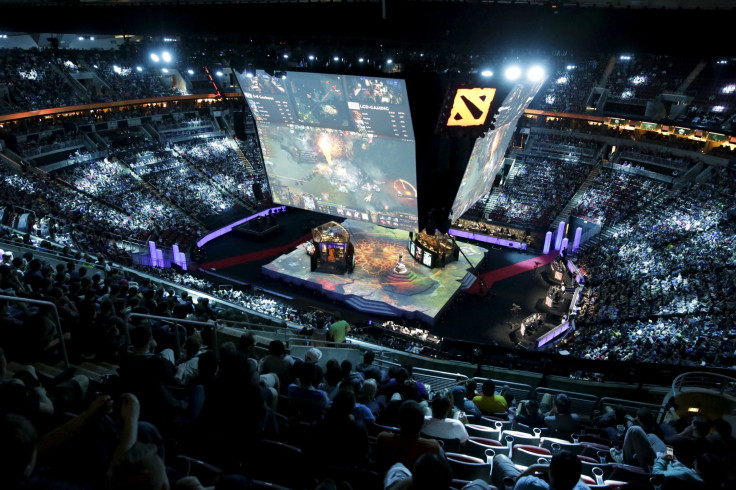ESL bans drugs among video gamers in ‘esports’

The Electronic Sports League recently announced that it would work with anti-doping organisations to introduce tests for video gamers as a step towards further “professionalization of esports.” In a new statement, ESL released the details of the new scheme prohibiting the use of the same drugs during their events, such as cannabinoids, steroids, narcotics and gene doping drugs. These are also drug banned at Olympic Games.
In July, the ESL released the initial announcement that it is tackling doping in esports after a top gamer admitted taking a performance-enhancing drug during a tournament. The organisation said it will launch an anti-doping programme guided by the Nationale Anti-Doping Agentur, or NADA, and the World Anti-Doping Agency, or WADA.
“There were a lot of questions left unanswered since the first announcement, and today we’re ready to share more information with you,” ESL said in a statement that provided more details about the programme.
The world’s largest and oldest esports organisation said the list of prohibited substances was based on the same list of substances prohibited by the WADA in competitions. Restrictions on the use of drugs will apply "from the start of the first day until the end of the last day of competition."
The punishments for players breaking the new rules range from withholding the prize money to tournament point deduction, or disqualification and up to a two-year ban from ESL events. But ESL said there will be exemptions from the restriction, including no punishment for players who take the drugs outside of the competition, while players with a valid prescription would be given the opportunity to inform the ESL of their medicines.
Players who require medications of drugs included on the list should inform ESL as soon as possible and provide a proof, but not later than the start of the first match, ESL explained. But marijuana remains a prohibited substance during the tournament.
"Our main goal is and always will be to maintain the fair play spirit and the integrity of our competitions," said Anna Rozwandowicz from ESL. Players will undergo saliva tests to determine drug use, a change from ESL's first plan to use skin tests.
The tests will be performed at the discretion of the organisation at any time during tournament days. But ESL assured that it would respect the player’s privacy.
Esports events commonly gather thousands of video gamers to watch their favourite players compete to win prizes of up to $500,000. The big prizes tempt people “to take drugs to win,” said games journalist Keith Andrew.
"It's good that the ESL has done this, but a bit depressing that it's come to this. With prize money that big some people will go to any lengths to boost their performance,” Andrew stated. The first randomised tests will take place at the next ESL tournament on Aug 22.
Contact the writer at feedback@ibtimes.com.au or tell us what you think below





















